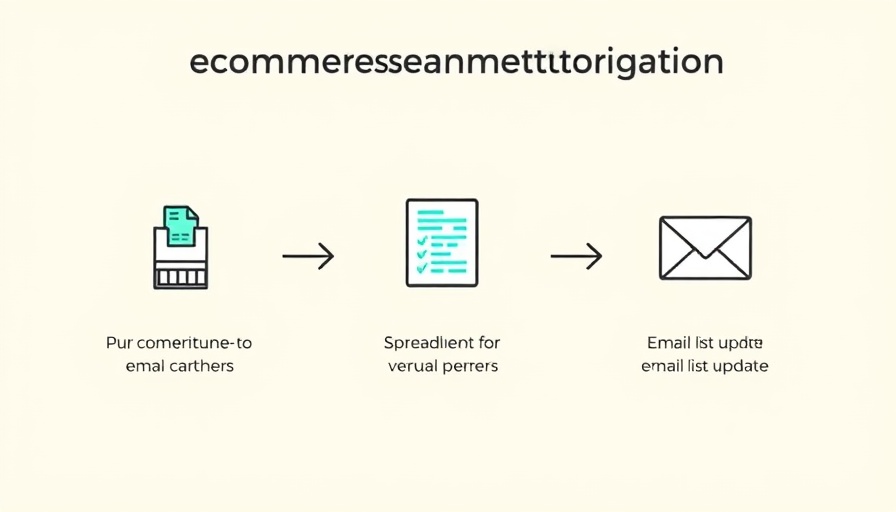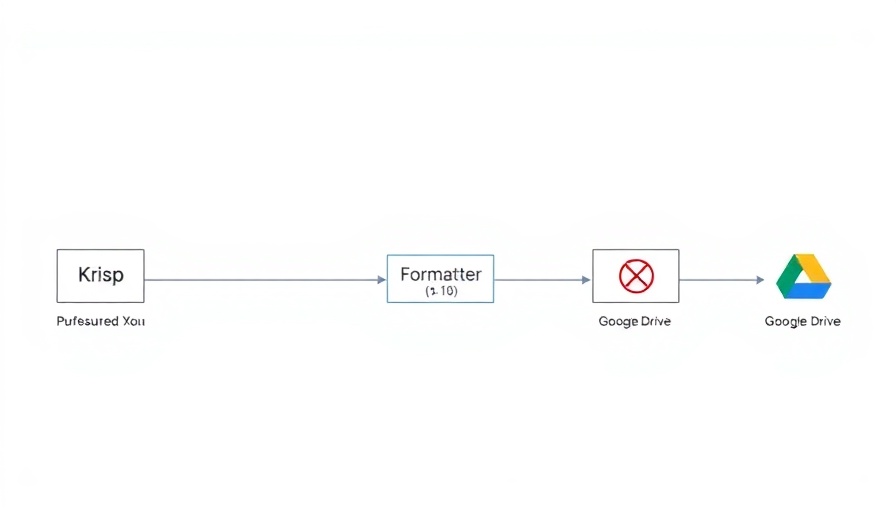
How eCommerce Automation Is Revolutionizing Business
As eCommerce continues to surge, driven by digital transformation and changing consumer habits, automation has emerged as a cornerstone for enhancing efficiency and maximizing profitability. From small startups to established enterprises, businesses are leveraging automation tools to streamline workflow, manage inventory, and improve customer experience.
Efficiency and Time Management: The Key Benefits
Imagine unlocking hours each week by automating repetitive tasks. With eCommerce automation, businesses can eliminate tedious manual processes. For instance, platforms like Zapier allow integrations with various apps to automate tasks such as order processing, customer notifications, and inventory updates. This not only saves time but also reduces human error and operational costs.
Enhancing Customer Experience Through Personalization
Today's customers demand personalized experiences. Automation enables businesses to tailor marketing efforts by analyzing customer behavior and preferences. By utilizing automation tools, companies can send personalized email campaigns, recommend products based on past purchases, and even adjust website content dynamically. This level of personalization increases customer engagement and loyalty, leading to higher conversion rates.
Adapting to Market Changes Rapidly
In a rapidly evolving market environment, businesses must adapt quickly to changing conditions. Automation solutions provide businesses with real-time data insights, enabling swift decision-making. For instance, if sales of a particular product surge, automated alerts can inform management to adjust marketing strategies or stock levels accordingly. This agility can be a significant competitive advantage.
Challenges and Considerations for Implementing Automation
While the benefits are considerable, integrating automation into eCommerce operations is not without challenges. Businesses must navigate technology selection, staff training, and maintaining data privacy and security. A well-thought-out strategy is essential—ensuring that chosen automation tools align with business goals while also complying with regulations.
Future Trends in eCommerce Automation
Looking forward, the future of eCommerce automation is bright, with innovations like AI-driven analytics and machine learning poised to transform operational efficiency further. By harnessing these technologies, businesses can not only automate tasks but also predict consumer trends, optimize supply chains, and enhance overall business intelligence. As the landscape evolves, companies that proactively embrace these tools will likely stand out in the crowded marketplace.
These insights illustrate that eCommerce automation is more than just a trend—it's a fundamental shift that can lead to sustainable success for forward-thinking businesses. As the digital landscape continues to evolve, now is the time to consider how automation can optimize your operations and strengthen customer relationships.
 Add Row
Add Row  Add
Add 




Write A Comment